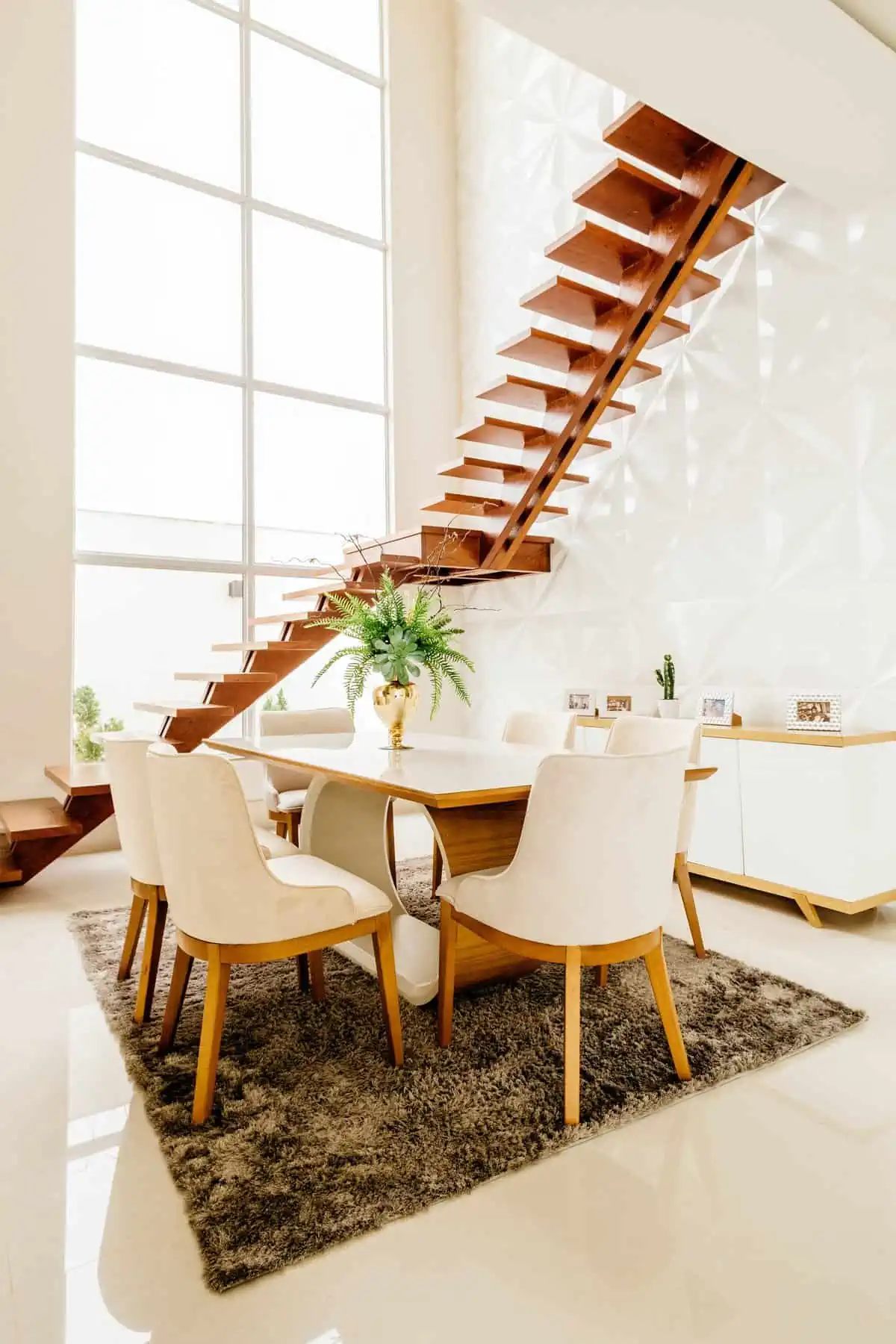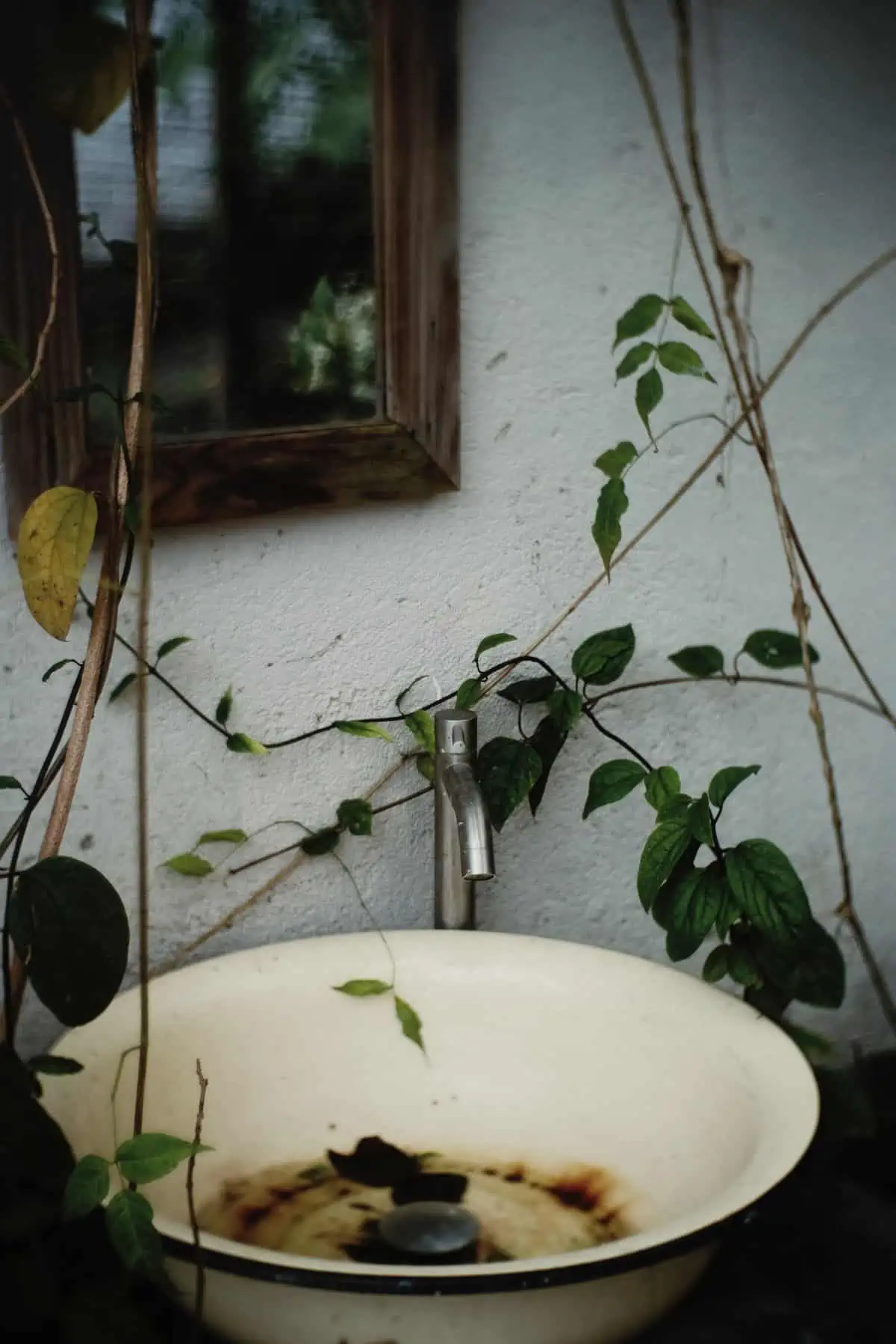When it comes to enhancing the aesthetics and durability of your home’s interior flooring, look no further than interior residential epoxy flooring. Homeowners are increasingly drawn to epoxy flooring due to its remarkable strength, versatility, and aesthetic appeal.
Let’s explore the many benefits of interior residential epoxy flooring and how it can transform your living spaces. Whether you’re considering upgrading your garage, basement, or any other area in your home, epoxy flooring offers a winning combination of style and functionality.
What is Interior Residential Epoxy Flooring?
Interior residential epoxy flooring is a type of flooring system that utilizes epoxy resin to create a durable and visually appealing surface. It consists of a mixture of epoxy resin and a hardening agent, which chemically react to form a strong, rigid plastic material. This material is then applied to the existing floor surface as a coating, providing a seamless, glossy finish.

The Advantages of Interior Residential Epoxy Flooring:
1. Durability
Epoxy flooring is renowned for its exceptional durability, making it an ideal choice for high-traffic areas of your home. It can withstand heavy foot traffic, impact, and abrasions without showing signs of wear and tear. This longevity ensures that your floors will maintain their beauty for years to come.
2. Versatility
Interior residential epoxy flooring offers endless design possibilities. It is available in a wide range of colors, patterns, and finishes, allowing you to customize your floors to suit your personal style and complement your home’s interior design. Whether you prefer a sleek, modern look or a more rustic, textured appearance, epoxy flooring can be tailored to your preferences.
3. Easy Maintenance
One of the key advantages of epoxy flooring is its low maintenance requirements. The smooth, non-porous surface is resistant to stains, spills, and chemicals, making it easy to clean. To maintain the floors in pristine condition, a regular sweeping routine and occasional mopping are typically all that is needed. This ease of maintenance saves you time and effort in your day-to-day cleaning routines.
4. Enhanced Safety
Safety is a top priority in any home, and epoxy flooring delivers in this aspect as well. Many epoxy coatings are formulated with anti-slip additives, providing excellent traction even when the surface is wet or oily. This slip resistance significantly reduces the risk of accidents and ensures a safe environment for your family and guests.
5. Moisture and Waterproof
Epoxy flooring creates a seamless, impermeable surface that is resistant to moisture and water. This makes it an ideal choice for areas prone to spills or water exposure, such as basements, laundry rooms, and bathrooms. Unlike other flooring materials, epoxy does not absorb water, preventing damage, mold growth, and the development of unpleasant odors.
6. Cost-Effective
In the long run, interior residential epoxy flooring proves to be a cost-effective option. Its exceptional durability and low maintenance requirements translate to fewer repairs and replacements over time. Additionally, epoxy flooring’s energy efficiency can contribute to lower heating and cooling costs, making it an eco-friendly choice as well.
Some disadvantages of Interior Residential Epoxy Flooring:
While epoxy flooring offers many advantages, it also has a few potential disadvantages to consider:
1. Initial preparation:
Epoxy flooring requires thorough surface preparation, which can be time-consuming and labor-intensive. Proper cleaning, etching, and repairs are necessary to ensure proper adhesion.
2. Installation complexity:
Applying epoxy requires skill and expertise. Improper installation can lead to issues like bubbles, unevenness, or premature deterioration.
3. Slipperiness:
Epoxy floors can be slippery, especially when wet. Adding slip-resistant additives or choosing textured epoxy can help mitigate this issue.
4. Vulnerability to UV exposure:
Epoxy may yellow or fade when exposed to direct sunlight over time. This makes it less suitable for outdoor use or areas with significant sunlight exposure.
5. Susceptibility to scratches:
Despite its durability, epoxy is not immune to scratches or impact damage. The surface can potentially sustain damage from heavy furniture, sharp objects, or the dragging of heavy items.
6. Difficult repairs:
Repairing damaged epoxy flooring can be challenging. Often, the entire affected area needs to be resurfaced, which can be costly and time-consuming.
Considering these factors will help you make an informed decision about whether epoxy flooring is suitable for your specific needs. In the event that epoxy is not suitable for your needs, there are numerous alternative flooring options available to consider that can fulfill your requirements.
Installing Interior Residential Epoxy Flooring
To ensure the best results, it is recommended to hire professional installers for your interior residential epoxy flooring project. They have the expertise, tools, and knowledge to properly prepare the surface, apply the epoxy coating, and create a flawless finish. Opting for professional installation guarantees a resilient and seamless surface that will endure for years to come.
Interior residential epoxy flooring offers a durable, versatile, and visually stunning solution for your home’s flooring needs. With its exceptional durability, low maintenance requirements, and wide range of design options, epoxy flooring can transform your living spaces into stylish, long-lasting environments. Whether you’re looking to upgrade your garage, basement, or any other area in your home, interior residential epoxy flooring is a reliable choice that combines functionality with aesthetic appeal. Invest in the beauty and durability of epoxy flooring and elevate your home’s interior to a whole new level.
Frequently Asked Question (FAQ’s)
What is epoxy flooring?
Epoxy flooring is a type of floor coating that is made from a mixture of epoxy resin and a hardening agent. When applied to a prepared surface, the epoxy mixture chemically reacts to form a strong, durable, and seamless surface.
Where can epoxy flooring be used?
Epoxy flooring exhibits exceptional versatility, making it suitable for a wide range of environments, including residential, commercial, and industrial spaces. You can commonly find it in garages, basements, warehouses, retail stores, hospitals, and manufacturing facilities.
Is epoxy flooring good for Homes?
Yes, epoxy flooring can be an excellent choice for homes. It offers several advantages such as durability, easy maintenance, resistance to stains and chemicals, and a seamless, attractive appearance. Epoxy can be applied in various areas of the house, including living rooms, kitchens, basements, and garages, providing a long-lasting and visually appealing flooring solution.
Is epoxy flooring good for Bathrooms?
Epoxy flooring can be a suitable option for bathrooms, but there are a few considerations to keep in mind. While epoxy is resistant to moisture and water, it can be slippery when wet. To address this, it is recommended to use textured or anti-slip additives in the epoxy coating to enhance traction and safety. Additionally, proper installation and regular maintenance are crucial to ensure the longevity and performance of the epoxy flooring in a bathroom setting.
Can you use epoxy flooring inside a house?
Yes, epoxy flooring can be used inside a house. It is a durable and versatile option that can be applied to various surfaces like concrete, wood, or tile. Epoxy creates a seamless and easy-to-clean surface, making it popular for garages, basements, kitchens, and other interior spaces.
How do I maintain interior residential epoxy flooring?
Maintaining epoxy flooring is relatively easy. Regular sweeping or dust mopping will help remove loose debris, and occasional mopping with a mild detergent and water solution is usually sufficient for cleaning. Avoid using abrasive cleaners or chemicals that may damage the epoxy surface.
Is interior residential epoxy flooring water-resistant?
Yes, epoxy flooring is moisture and waterproof. The seamless, non-porous surface of epoxy prevents water absorption, making it an ideal choice for areas prone to spills or water exposure.
How much is epoxy flooring in USA cost ?
In the USA, the price of epoxy flooring varies based on factors like area size, existing floor condition, and customization needs. Typically, costs range from $3 to $12 per square foot, covering both materials and labor expenses.
Can you epoxy your living room floor?
Yes, you can apply epoxy in your living room floor. Epoxy flooring can be a great choice for living rooms as it provides a durable, seamless, and easy-to-clean surface. It can enhance the aesthetics of the room and provide a glossy or matte finish depending on your preference.
Is epoxy flooring cheaper than tile?
The cost of epoxy flooring and tile can vary depending on various factors such as the quality of materials, labor costs, and the size of the area to be covered. In general, epoxy flooring tends to be more cost-effective than tile, especially when considering installation and maintenance expenses. However, it’s essential to compare specific quotes and factors for your particular project to determine the most accurate cost comparison.
Can interior residential epoxy flooring be installed over existing floors?
In most cases, professional installers can install interior residential epoxy flooring over existing floors, such as concrete, after properly preparing the surface. They will assess the condition of your existing floor and provide guidance on the best installation approach.






Pingback: Polyurea vs. Epoxy: Choosing the Right Coating - House N Villas